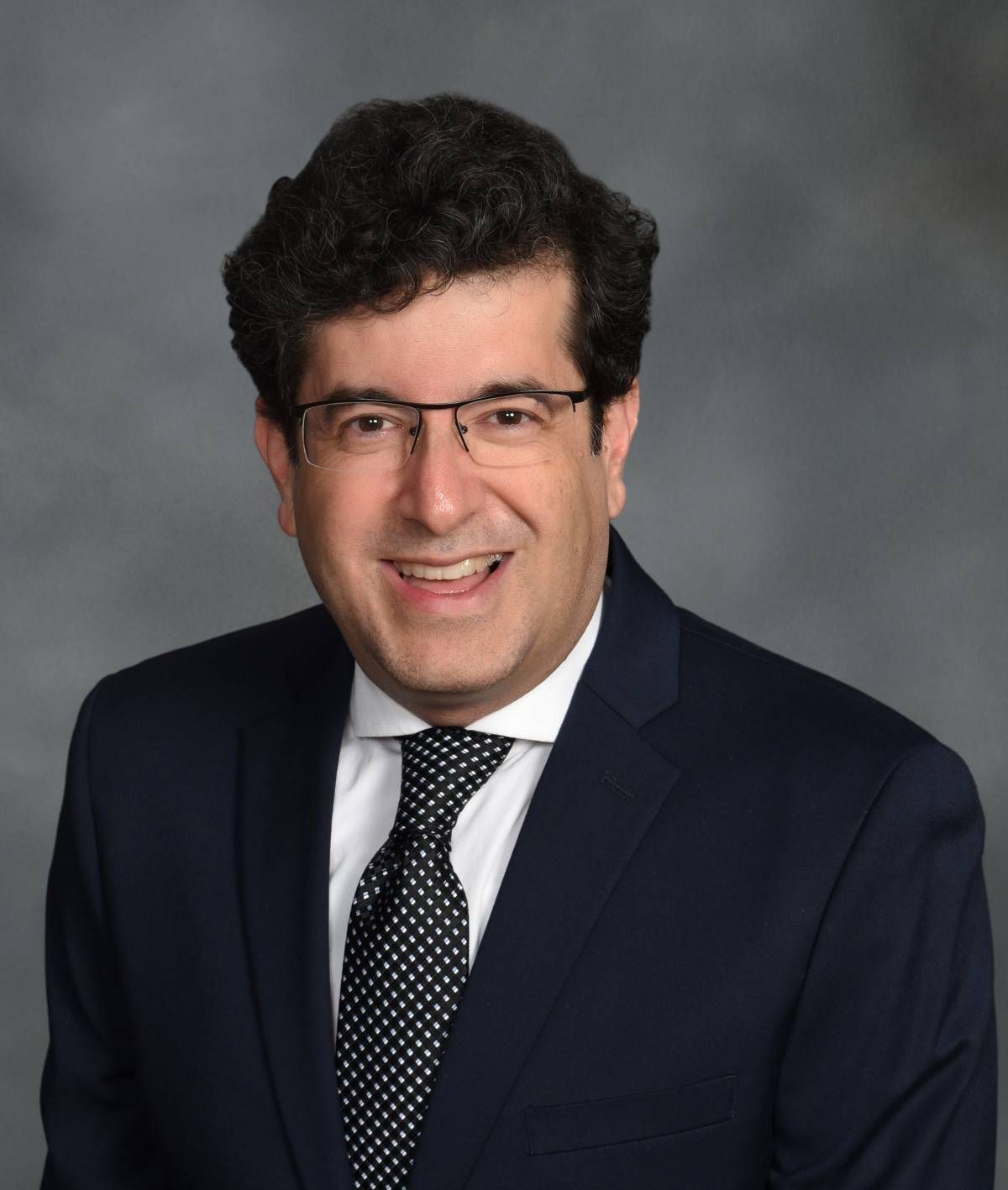Professor Shamim Pakzad, an expert in structural health monitoring and smart cities, has been named chair of Lehigh’s Department of Civil and Environmental Engineering (CEE), effective July 1, 2021.
A member of the Rossin College faculty since 2008, Pakzad served as interim CEE department chair for the past year and as the department’s director of graduate studies prior to that (2017-2020).
“I am excited to work with faculty, staff, students, and alumni to lead the CEE department to a higher international research and educational prominence,” he says. “Lehigh’s CEE department has a storied legacy—producing thousands of leaders in research and industry over the years. Today, it is home to faculty and students who are engaged in creating some of the most advanced and exciting innovations in various areas of global importance.
Pakzad specializes in wireless sensor networks and mobile sensors, as well as related data analytics, used to assess the condition of large structures and systems of civil infrastructure. Leveraging these smart-city technologies and the data they collect will contribute to making bridges, buildings, and other structures safer, more resilient, and less costly to maintain.
He has published widely on these subjects in academic journals, technical reports, and conference proceedings, such as Proceedings of the IEEE and Computer‐Aided Civil and Infrastructure Engineering, as well as many other flagship journals in the fields of civil engineering and structural health monitoring. His work is supported by the National Science Foundation, the National Cooperative Highway Research Program (NCHRP), and the U.S. Department of Transportation, among others.
He received funding through the NSF’s prestigious Faculty Early Career Development (CAREER) program in 2014 to develop mobile sensor technology for structural condition assessment. The project focused on analytical models and experimental platforms for validation and verification that improve the safety and reliability of highway bridges.
“Lehigh CEE has always sought to anticipate future research needs, allocating resources and expanding in areas that maintain its leadership role,” Pakzad says. “As we transition into a world where changes in the environment pose new challenges to the engineering community, we’re leveraging technical innovations and advances in our understanding of the needs and possibilities to have an impact on our surroundings.”
In 2015, Pakzad received Lehigh’s Libsch Early Career Research Award, which recognizes up-and-coming faculty who have demonstrated potential for high‐quality research.
He serves on the leadership council of Lehigh’s Institute for Cyber Physical Infrastructure and Energy (I-CPIE) and is affiliated with the Advanced Technology for Large Structural Systems (ATLSS) Engineering Research Center, as well as the Institute for Data, Intelligent Systems, and Computation (I-DISC). He teaches classes in structural dynamics, structural analysis, sensing in structural systems, and structural behavior laboratory, and has advised numerous graduate students in Lehigh’s Structural Health Monitoring group.
Pakzad holds advanced degrees in civil and environmental engineering: He earned his PhD and was a postdoc at the University of California, Berkeley, and received his MS from San Jose State University. He also holds a BS in civil engineering from the Baha’i Institute for Higher Education (Iran) and worked as a structural design engineer before his graduate studies.
“The portfolio of the scholarship in Lehigh’s CEE department is impressive,” he says, “The CEE faculty is engaged in multidisciplinary research in systems and infrastructure, with applications that touch all our lives. And the educational impact that our undergraduate and graduate programs have on the industry is substantial, as the graduates of these programs are some of the most sought after. I look forward to helping us continue with these traditions of excellence.”

